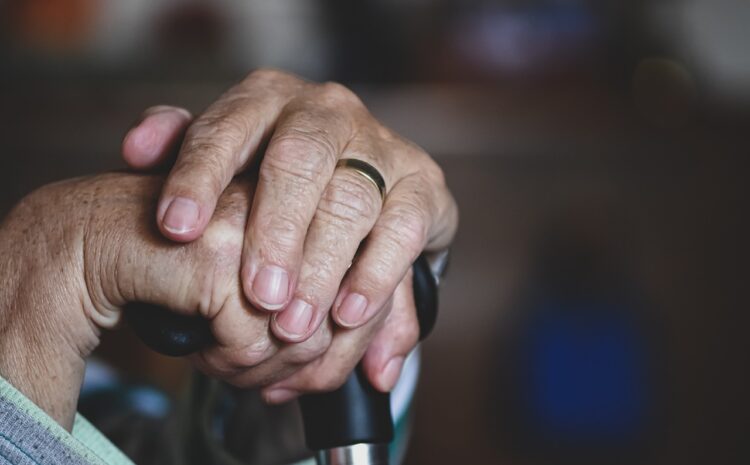
Nursing home abuse is a serious issue that affects countless vulnerable individuals each year. It is crucial for family members to remain vigilant and know how to recognize the signs of abuse. By understanding what to look for, you can take swift action to protect your loved one from further harm.
Physical Signs of Nursing Home Abuse
One of the most apparent indicators of nursing home abuse is the presence of physical injuries. Unexplained bruises, cuts, or welts on your loved one’s body should raise immediate concerns. Additionally, be aware of any signs of restraint marks on their wrists or ankles, as this may suggest the use of unnecessary force or confinement.
Furthermore, pay attention to your loved one’s personal hygiene. Neglect can manifest in the form of poor grooming, dirty clothing, or unsanitary living conditions. If you notice a sudden decline in their appearance or cleanliness, it could be a red flag for nursing home abuse.
Behavioral Changes and Emotional Indicators
Nursing home abuse can also have a profound impact on an individual’s emotional well-being. If your loved one exhibits sudden changes in behavior, such as becoming withdrawn, anxious, or easily agitated, it may be a sign that something is amiss. They may also display fear or discomfort around certain staff members, indicating a potentially abusive relationship.
Moreover, be mindful of any unexplained changes in your loved one’s sleeping patterns or appetite. Abuse can lead to depression, which often manifests through these behavioral shifts. If your loved one seems consistently tired, refuses to eat, or experiences rapid weight loss, it warrants further investigation.
Financial Exploitation and Abuse
Elderly individuals in nursing homes are also vulnerable to financial exploitation. Keep a close eye on your loved one’s financial statements and be cautious of any unusual transactions or missing funds. Abusers may attempt to coerce residents into signing documents, making changes to their will, or providing access to their bank accounts.
Take immediate action if you notice any suspicious financial activity or if your loved one suddenly expresses concern about their finances. Consult with the nursing home administration and consider involving the authorities to protect your loved one’s assets.
Importance of Communication and Observation
One of the most effective ways to detect nursing home abuse is through open communication with your loved one. Regularly visit them and engage in meaningful conversations. Ask about their daily routines, interactions with staff and other residents, and overall well-being. Encourage them to share any concerns or incidents that make them feel uncomfortable.
During your visits, note the nursing home’s general atmosphere. Observe how the staff interacts with residents and whether they treat them with respect and dignity. If you witness any instances of verbal abuse, neglect, or rough handling, address the issue promptly with the nursing home management.
Taking Action Against Nursing Home Abuse
If you suspect that your loved one is a victim of nursing home abuse, it is essential to act quickly. Document any evidence of abuse, such as photographs of injuries or written accounts of incidents. Report your concerns to the nursing home administration and demand a thorough investigation.
In cases where the nursing home fails to take appropriate action or the abuse persists, consider involving adult protective services or law enforcement. Additionally, consulting with a skilled nursing home abuse lawyer can help you navigate the legal process and ensure that your loved one’s rights are protected.
Selecting the Right Nursing Home Abuse Lawyer
When seeking legal representation for a nursing home abuse case, choosing a nursing home abuse lawyer specializing in this area of law is crucial. Look for an attorney with a proven track record of successfully handling nursing home abuse cases and who possesses a deep understanding of the unique challenges involved.
During your initial consultation, assess the lawyer’s communication skills and whether they demonstrate genuine compassion for your situation. A skilled nursing home abuse lawyer will guide you through the legal process, advocate for your loved one’s rights, and work tirelessly to hold the responsible parties accountable.
Nursing home abuse is a devastating reality that no family should have to face. By staying informed, vigilant, and proactive, you can help protect your loved one from harm and ensure that they receive the quality care they deserve. Remember, if you suspect abuse, do not hesitate to take action. Your loved one’s safety and well-being should always be the top priority.

